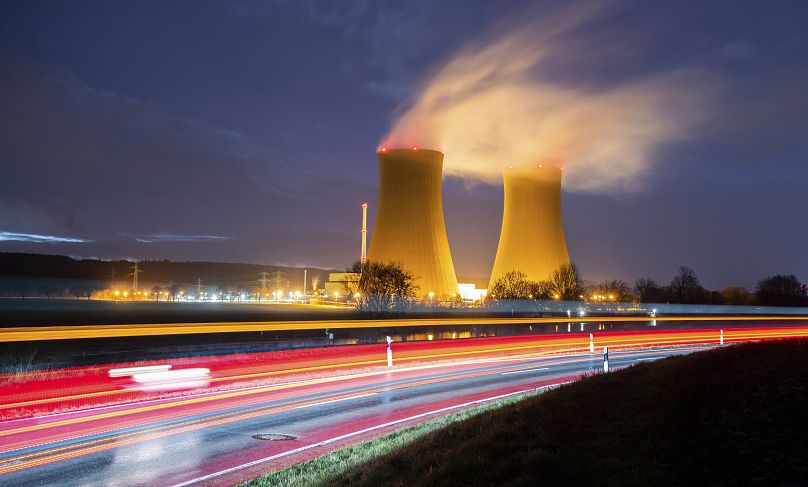Achieving net-zero emissions by 2050 would give the world a chance of capping temperature rises at 1.5 degrees Celsius above pre-industrial levels.
Global nuclear power capacity needs to double by the mid-century to reach net-zero emissions targets.
 ADVERTISEMENT
ADVERTISEMENT
 ADVERTISEMENT
ADVERTISEMENT
This will help ensure energy security as governments try to reduce their reliance on imported fossil fuels, the International Energy Agency (IEA) said on Thursday.
Achieving net-zero emissions by 2050 would give the world a chance of capping temperature rises at 1.5 degrees Celsius above pre-industrial levels.
To reach net-zero emissions, nuclear power capacity needs to double to 812 gigawatts (GW) by 2050 from 413 GW early this year, the IEA report specifies.
In the 2030s, annual nuclear power capacity will have to reach 27 GW, it added.
As around 260 GW, or 63 per cent, of nuclear plants in the world are currently over 30 years old and nearing the end of their initial operation licenses.
Although there have been moves in the past three years to extend the lifetimes of plants representing around 10 per cent of the global fleet, nuclear plants in advanced economies could shrink by a third by 2030, the report said.
"In today’s context of the global energy crisis, skyrocketing fossil fuel prices, energy security challenges and ambitious climate commitments, I believe nuclear power has a unique opportunity to stage a comeback," says IEA Executive Director Fatih Birol.
"However, a new era for nuclear power is by no means guaranteed. It will depend on governments putting in place robust policies to ensure safe and sustainable operation of nuclear plants for years to come," he adds.
Advanced economies have nearly 70 per cent of global nuclear capacity - but the problem is the fleet is ageing. Investment has stalled and the latest new projects have run far over budget and behind schedule, the report said.
Of the 31 reactors that commenced construction since the beginning of 2017, 27 are either of Russian or Chinese design.
Russia’s invasion of Ukraine raises questions about the export prospects for Russian-built nuclear plants. For example, Finland has cancelled a contract for 'Rosatom' to build a plant in Finland, citing delays and increased risks due to the war in Ukraine.











